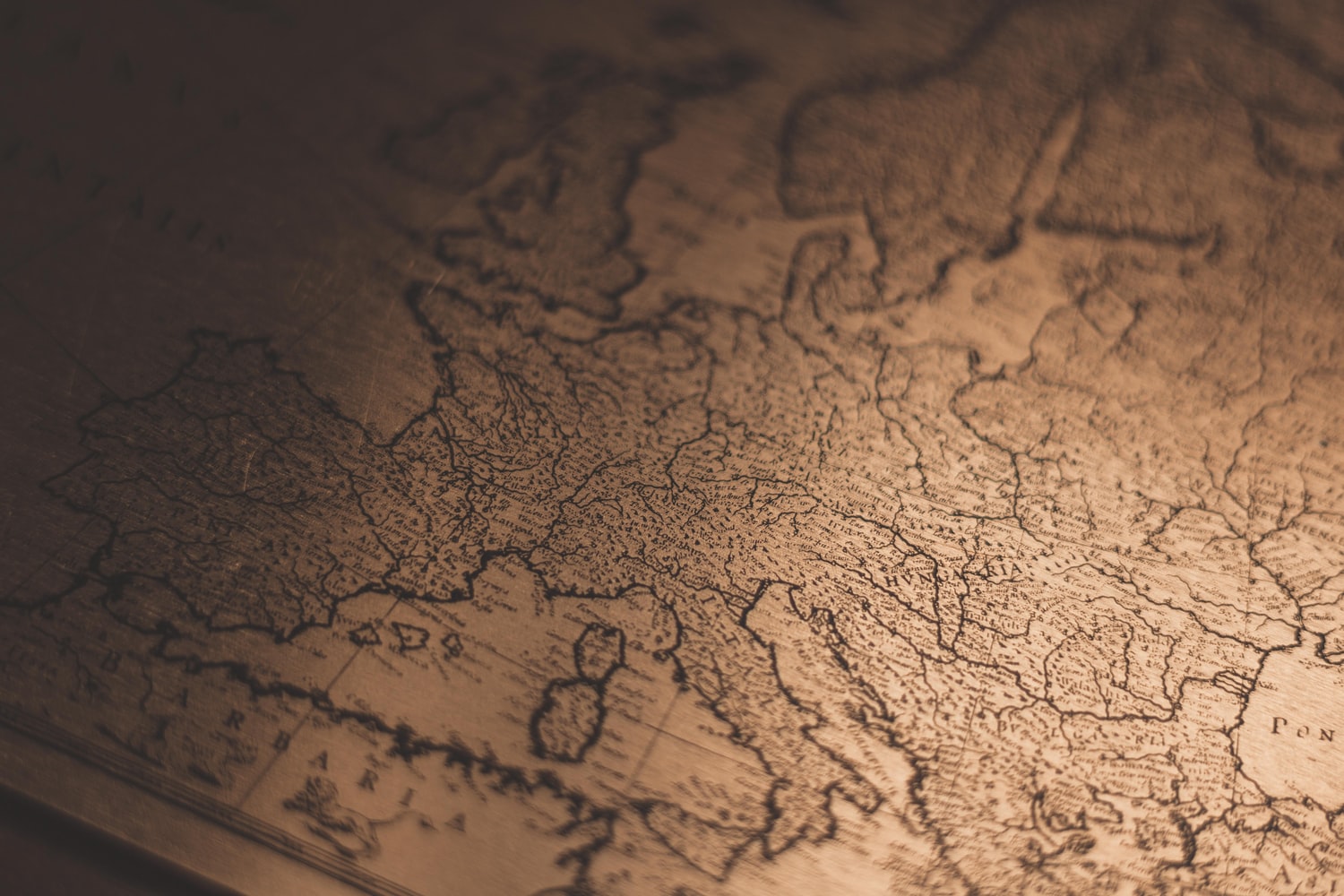This time of the pandemic and protests has the power to transform our society — and each of us as well.
We have been gifted an opportunity to gain a clearer sense of our values, and we can use this unusual occasion to discover what we believe and show who we really are. Those who have lived in other cultures may already have a sense of how transformational an in-depth exposure to others’ lives can be. The revelations of a philosophy other than our own, can shake us to our core and lay bare our previous, narrow thinking about other groups and ourselves — if we are open to it.
Research shows that living abroad over an extended period of time increases our self-discerning reflections. We experience new ways of living and being, which can cause us to examine our ingrained beliefs. If we give thought to the unfamiliar behavioral patterns that surround us, we see ourselves in a new light.
The late Michael Crichton wrote in his book, Travels: “Often I feel I go to some distant region of the world to be reminded of who I really am … Stripped of your ordinary surroundings, your friends, your daily routines … you are forced into direct experience [which] inevitably makes you aware of who it is that is having the experience.”
Feelings of unease at being out of our regular routine and away from the familiar is what many of us experience as we shelter in place, wear masks, and curtail travel. I describe in my book, Between Inca Walls, A Peace Corps Memoir, how living in rural Mexico, then in the Andes of Peru, was transformational and changed the trajectory of my life. Living away from home without modern conveniences prepared me, in some part, for resilience to today’s deprivations. The following are a few of the maxims, with examples, that I learned living in other cultures.
Slow down, listen, ask, and learn.
During Peace Corps training in Puerto Rico, I was too eager to be helpful and “clean up” what I saw as the cluttered yard of the family I lived with. So, I removed refuse from holes scattered around the premises. Later, I found out that placing leftover food in pits was the family’s composting system. I shouldn’t have disrupted and instead observed or inquired first.
When unable to foresee future unknowns — plan for the present.
When the Peace Corps had no assignment or living arrangement for me, I joined with another unassigned volunteer, Marie, and together we found our own placement and housing in Abancay, Peru, where we taught P.E., formed 4-H clubs, and had many life-changing adventures.
Be flexible.
While waiting for housing to be built for us in an unpopulated Andean community that we hoped to develop, Marie and I learned first aid in Abancay’s hospital. Houses were never built so our move never happened, but we were able to teach teens in a different impoverished community some basic medical skills.
Wealth, poverty, and happiness don’t have clear lines.
Letters I received from the U.S. complained about such deprivations as having to make do with a used car. I walked several miles daily to the schools in poor areas where I taught P.E. I rarely had the equipment needed for the sports I taught. We improvised. I taught the students lead-up games that would develop the skills they needed for futbol (soccer) and they kicked around a knot of rags when we had no ball. Students’ skills improved and we had more fun than my friend said he had in his used car.
Have compassion for yourself and others.
Upsets during trying times can create tension but are often short-lived, so loosen up. When members of the girls’ club forgot to bring the ingredients they’d promised for making banana bread, initially, I was upset. But we asked nearby neighbors to supply what we needed. The generous neighbors dined on our bread with us, and the experience turned out better than if all had gone as I’d planned.
Celebrate the strengths you develop in getting through trying times.
More than once, rides to important events in Peru broke down, were very late, or failed to come through. Marie and I became adept at finding other ways to reach our destinations. Challenges gave us great stories to tell. So, in these trying times…
Think, then write about your own unique life and experiences.
You’ll find time if you limit your news intake to only the stations that broadcast trusted facts and read books that open your eyes and heart to others’ experiences and ways of being. Breathe deeply, walk in nature, then sit down with journal in hand and take stock of where you’ve been and what you are grateful for.
Think of this time away from the cacophony of traffic, meetings, and demands, as a present. Use it to contemplate what you truly value. For many that is deepening relationships, completing a project, or helping others.
It is in hard times that we learn who we really are. Instead of misplaced anger that turns to despair and mockery of those who follow healthy guidelines, see where you can help others who are struggling with childcare, earning a living, or need encouragement. Make masks, read to children via Zoom, or write your own memoir. Journaling and focusing on the parts of life that are going well are other worthwhile activities.
Eleanor Roosevelt, who traveled the country and had many challenges in her life said: “You gain strength, courage, and confidence by every experience in which you really stop to look fear in the face.”



